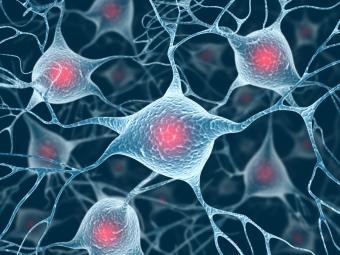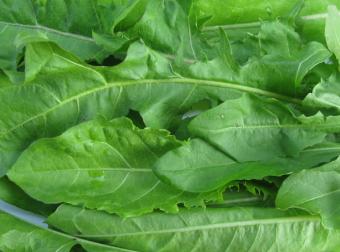Facts About B1 Vitamins

Science of Vitamin B1

Why We Need B1

Where to Get B1

Don't Destroy B1!

Can I Overdose on B1?

Who Needs B1?

Ensure You Get B1

© 2026 LoveToKnow Media. All rights reserved.

There are many facts about B1 vitamins that are worth learning, as this vitamin helps you maintain the health of your nervous system. Vitamin B1 is also known as thiamine and is part of the B group of vitamins. B1 was first isolated in 1926 from rice polishings and is nicknamed the "morale vitamin" because of the positive effect it has on our nerves and mood.

Vitamin B1 has many functions on the cellular level that are important to our health. Like all of the B vitamins, B1 is water-soluble. B1 helps to process carbohydrates, fat, and proteins. B1 is also what adenosine triphosphate (ATP) is in part composed of and ATP is the fuel used to run nearly every essential function in our body.

By helping aid cellular processes, on a larger scale B1 also enhances circulation, helps with blood formation and other metabolic needs. For instance, the body requires B1 for growth and development, nerve function and appetite. Vitamin B1 is also essential for the digestion of starches and sugars and for turning these foods into glucose. Basically, B1 helps provide our bodies with the energy we need to keep going. Vitamin B1 is also used in the production of digestive juices.

Vitamin B1 can be found in several food sources. The main sources for Vitamin B1 include: egg yolk, rice bran, wheat bran, whole grains, dandelion leaves and brewers yeast.

There are certain cooking practices and ingredients you should take care to avoid whenever possible so as not to destroy the B1 vitamins found in food. Vitamin B1 is lost in cooking water and decreased by frying, roasting and braising. However, the vitamin is totally destroyed by alkalis such as baking powder and baking soda. Furthermore, vitamin B1 is destroyed by sulphites such as sulphur dioxide and avidin, both of which are found in raw egg whites.

There is no known to toxicity to large amounts of vitamin B1. If you take too much B1 then your body will simply excrete it.

One of the most important facts about B1 is that everyone needs it. The exact optimal amount of B1 to take is not known, but some nutritionists recommend 9 mg per day. However, certain groups of people will need more B1; mainly pregnant and lactating mothers, or those who smoke or drink frequently.

Since there is no known toxicity most nutritionists recommend taking a supplement that contains B1. Vitamin B1 works best when taken in combination with vitamin B2 and vitamin B3. Because of this, most nutritionist recommend simply taking a B-complex supplement. Most daily supplements contain 20 to 25 mg of B1 and this is more than sufficient for most people.